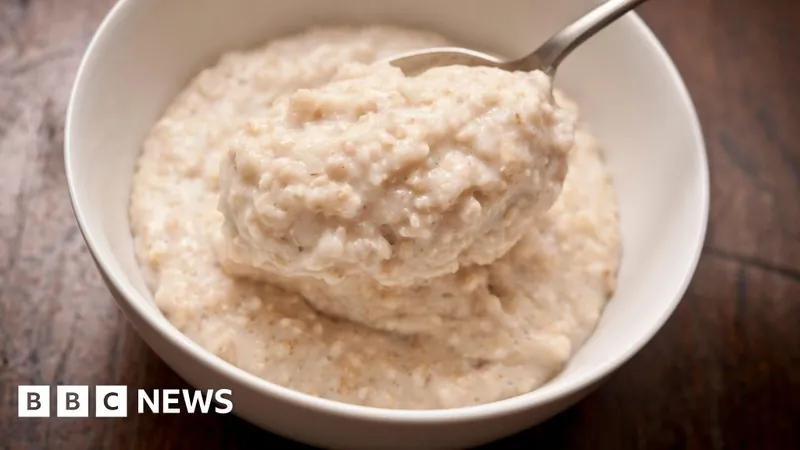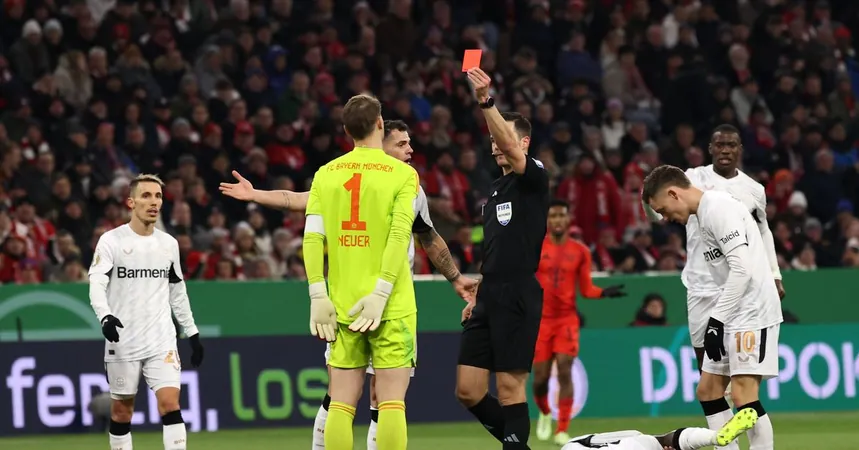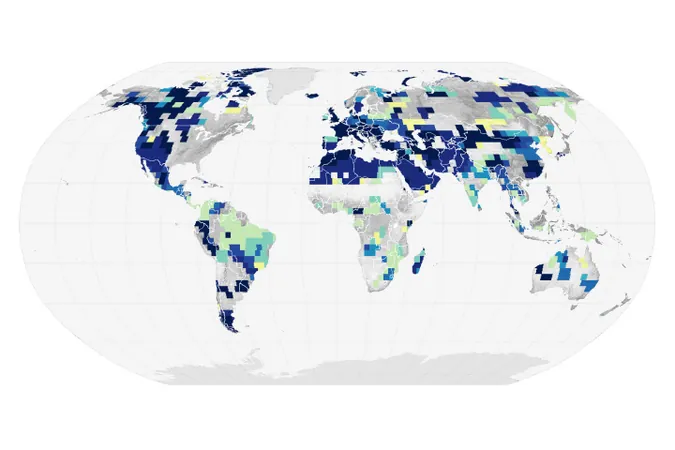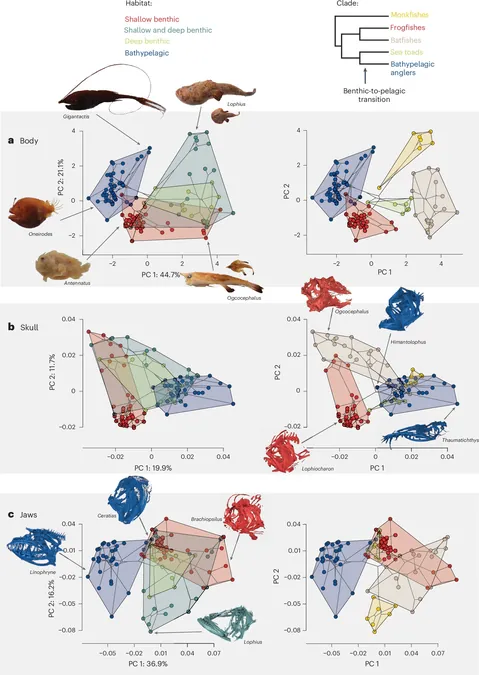
Crumpets and Porridge Join the Junk Food Advertising Ban: What You Need to Know!
2024-12-04
Author: Emma
Introduction
In a surprising move, the UK government has added certain types of porridge, crumpets, and breakfast cereals to a new junk food advertising ban aimed at tackling childhood obesity. Set to take effect in October 2025, the legislation will restrict advertisements for foods classified as 'less healthy,' which now includes a broad range of items from beloved breakfast staples to fast food and sugary drinks.
Details of the Ban
This ban will apply to all paid online advertisements and any television commercials aired before 9 PM, in an effort to shield children from exposure to foods high in fat, sugar, or salt. Under the new guidelines, common breakfast items like granola, instant porridge, and sweetened yoghurts will no longer be allowed to advertise in these time slots. The categorization is based on a government scoring system that evaluates products based on their sugar, fat, and protein content.
Reactions from the Food Community
While some, including celebrity chef Thomasina Miers, celebrate this decisive action against what she calls 'big food' companies, others are raising eyebrows. Baked goods like crumpets and pancakes are now lumped in with typical junk food, causing discontent among local business owners like Prasanna Callaghan, who operates a café selling crumpets near Buckingham Palace. He argues that labeling crumpets as junk food is absurd and could severely impact his business.
Health Concerns
Miers, however, sees the ban as a necessary step to alleviate the strain on the NHS, which she argues is suffering from the consequences of poor dietary habits that lead to chronic diseases costing the UK an astounding £268 billion a year. 'We have the worst diet in Europe, and it’s causing undeniable public health issues,' she insisted.
Potential Impact
Moreover, the government’s analysis suggests that the new regulations could reduce childhood obesity rates significantly, potentially removing 7.2 billion calories from children's diets per year. Yet, some critics question whether simply banning advertisements will make a meaningful difference. Maria McCracken, a mother of two, emphasized the importance of teaching children to cook and understand nutrition over governmental bans. She argues, 'Education on healthy eating should come from within the family, not from a government ordinance.'
Legislative Concerns
The controversy extends beyond individual opinions. Former Conservative MP Paul Bristow voiced his concerns about the broad nature of this legislation, pointing out that some foods deemed 'healthy' are being marginalized. He argues that it is essential for individuals to have the freedom to make their own dietary choices without government interference.
Government's Perspective
Health Secretary Wes Streeting has defended the initiative as the first of many steps towards redefining healthcare in the UK, aiming to shift the focus from treating sickness to preventing it. While the debate continues, the question remains: will the new advertising restrictions truly benefit children’s health, or will the measures draw more ire than support?
Conclusion
Stay tuned as the situation develops and more stakeholders chime in on this contentious issue. Could this be the dawn of a new era in public health, or just a misguided attempt to control our diets?









 Brasil (PT)
Brasil (PT)
 Canada (EN)
Canada (EN)
 Chile (ES)
Chile (ES)
 España (ES)
España (ES)
 France (FR)
France (FR)
 Hong Kong (EN)
Hong Kong (EN)
 Italia (IT)
Italia (IT)
 日本 (JA)
日本 (JA)
 Magyarország (HU)
Magyarország (HU)
 Norge (NO)
Norge (NO)
 Polska (PL)
Polska (PL)
 Schweiz (DE)
Schweiz (DE)
 Singapore (EN)
Singapore (EN)
 Sverige (SV)
Sverige (SV)
 Suomi (FI)
Suomi (FI)
 Türkiye (TR)
Türkiye (TR)